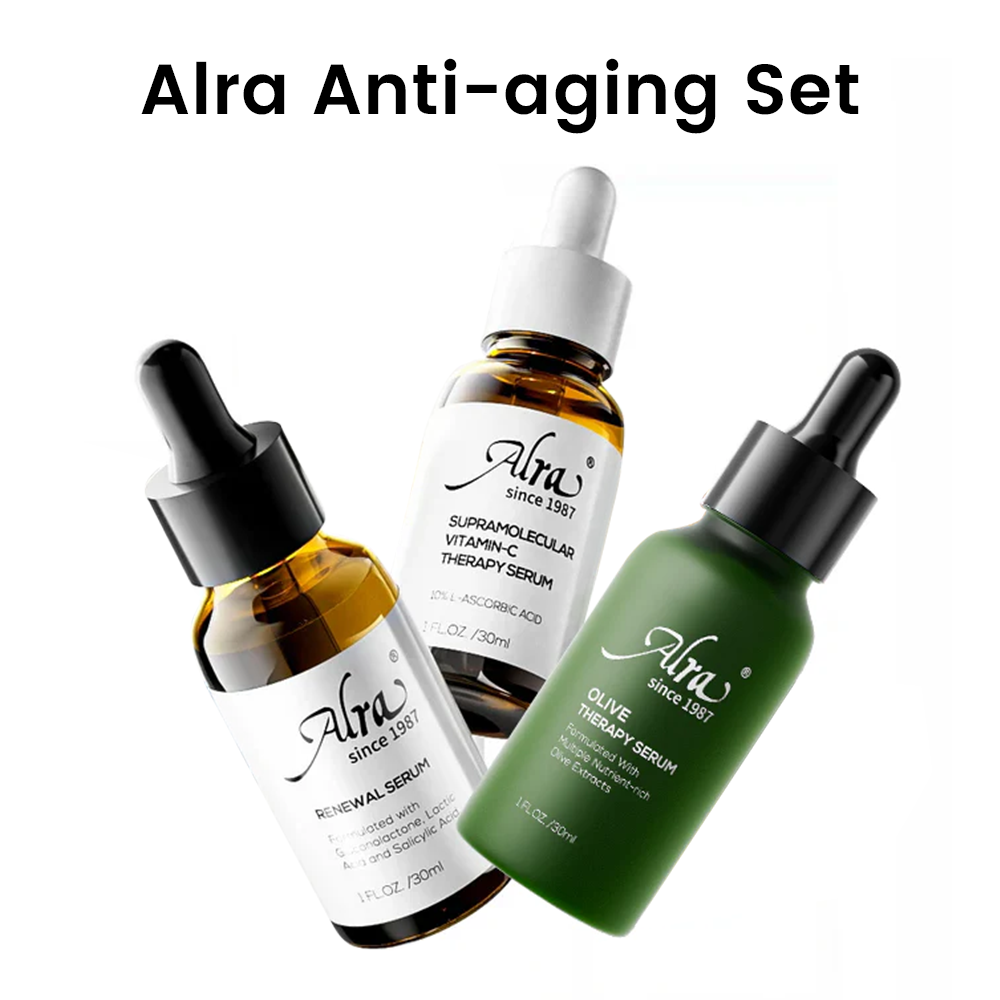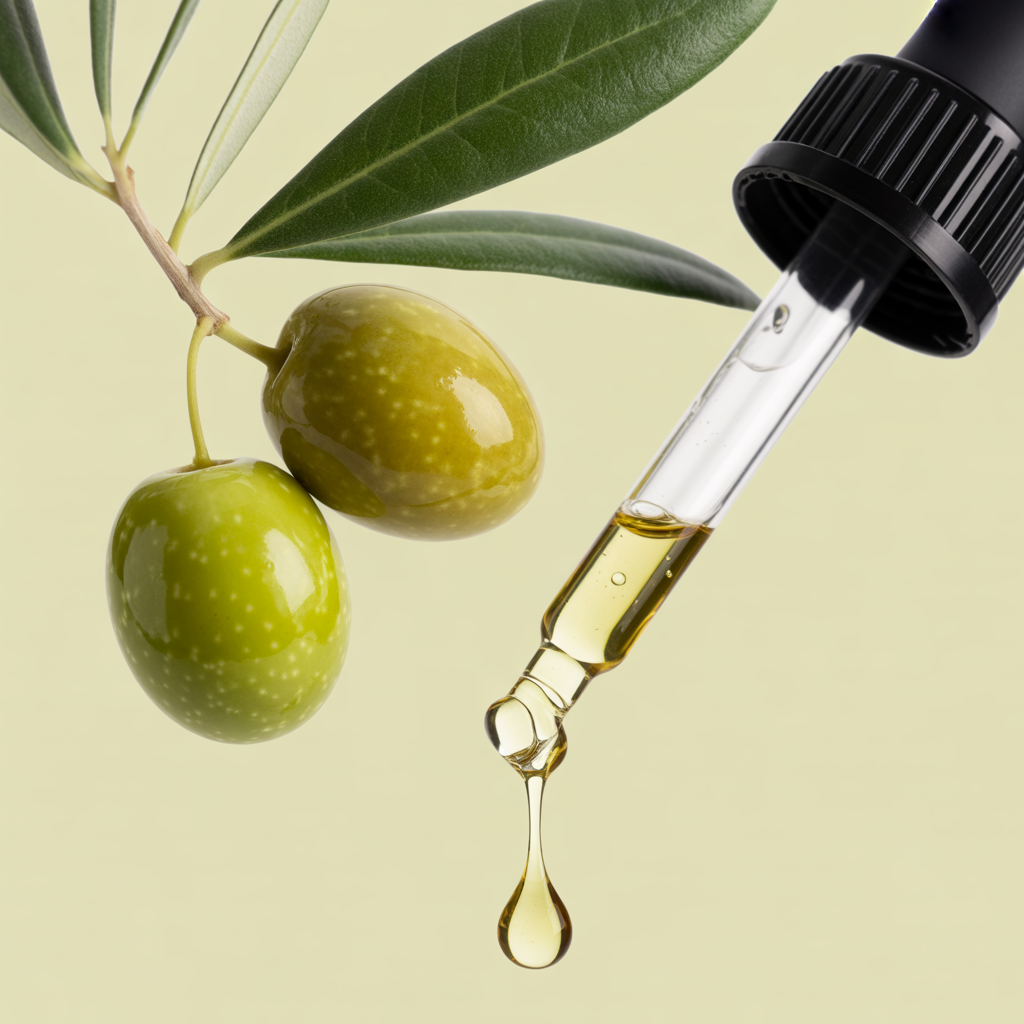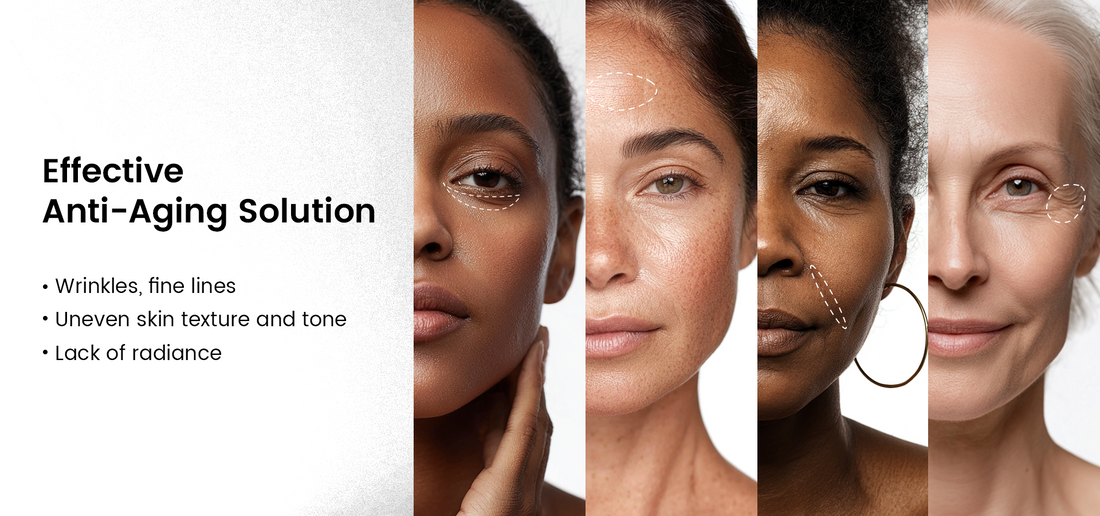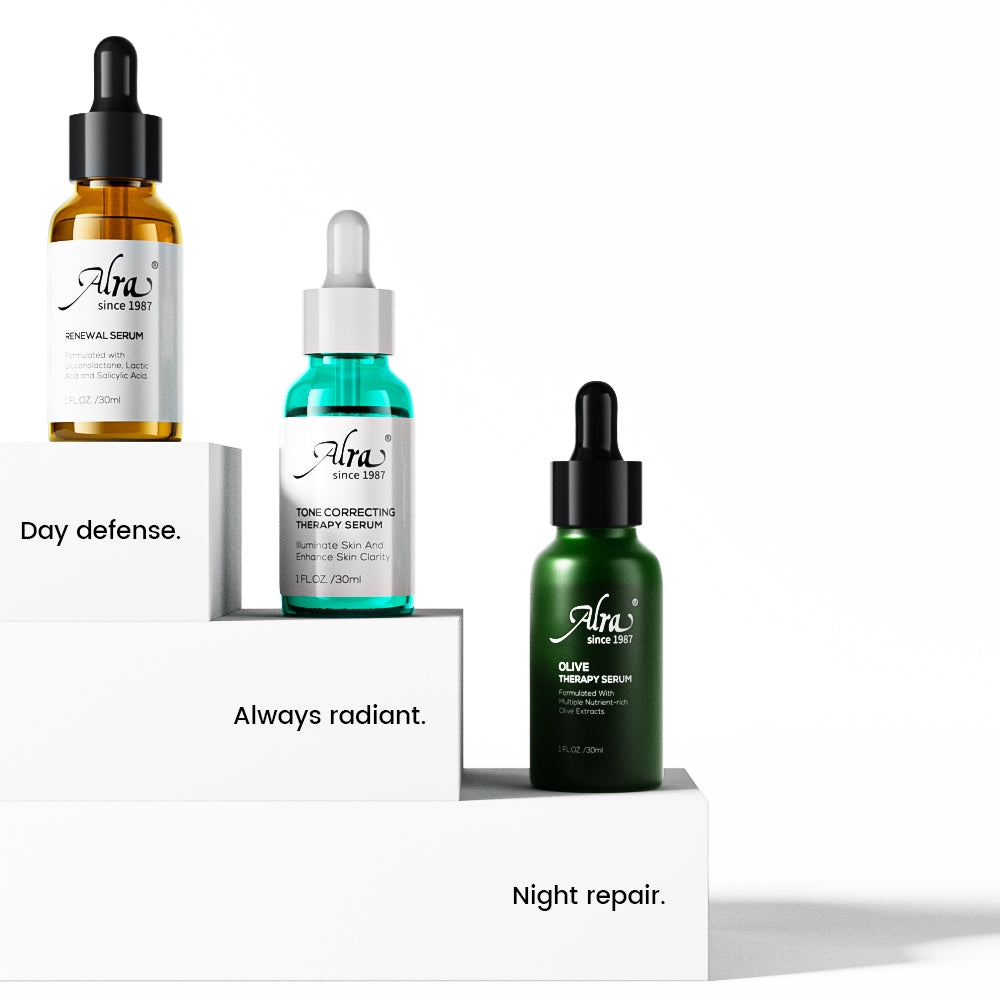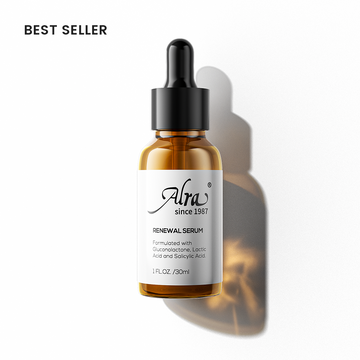When it comes to healthy skin, it’s easy to think first about what we put on the surface: cleansers, serums, moisturizers, sunscreen. These are important for protecting and supporting the skin, but they’re only part of the story.
Dr. Mark Hyman, a functional medicine physician and New York Times best-selling author, often talks about how skin health is also a reflection of what’s happening inside the body. In one of his articles, he shares strategies for improving skin by addressing diet, gut health, hormones, and lifestyle. We see this as complementary to what we focus on at Alra: using the right topical products to protect and repair the skin barrier, while also understanding the internal factors that influence how skin looks and feels.
In this post, we’ll take inspiration from Dr. Hyman’s insights, add additional research, and share how internal habits and external care can work together for healthier, more radiant skin, in 12 proven healthy habits.
1. Balance Blood Sugar to Protect Collagen
Dr. Hyman warns about one of the sneakiest collagen killers: sugar. When you eat excess sugar, it binds to proteins like collagen and elastin through a process called glycation, creating harmful molecules known as Advanced Glycation End Products (AGEs). AGEs stiffen collagen, making skin less elastic and more prone to wrinkles.
What to do:
- Limit added sugars and refined carbs (white bread, pastries, sodas).
- Replace them with low-glycemic fruits (berries), vegetables, and whole grains.
- Include protein and healthy fats in meals to prevent sugar spikes.
2. Identify and Eliminate Food Sensitivities
If you often experience bloating, brain fog, or skin flare-ups after eating certain foods, it’s worth testing for sensitivities.
What to do:
- Try an elimination diet for 3–4 weeks (removing dairy, gluten, soy, and processed foods) and see how your skin responds.
- Reintroduce foods slowly to identify triggers.
- Consider food allergy testing with a healthcare professional.
3. Heal Your Gut for Clearer Skin
The gut-skin axis is real: your digestive system influences inflammation, hydration, and even oil production in your skin. Dr. Hyman emphasizes that imbalances like leaky gut, low beneficial bacteria, or chronic inflammation can show up as acne, rosacea, or dullness.
What to do:
- Eat probiotic-rich foods (yogurt, kefir, sauerkraut) and prebiotic fibers (onions, garlic, asparagus).
- Avoid long-term, unnecessary antibiotics — they disrupt gut flora.
- If gut symptoms persist, consult a functional medicine practitioner for deeper testing.
4. Load Up on Omega-3 Fatty Acids
Dry, itchy, or inflamed skin can be a sign of omega-3 deficiency. These healthy fats help maintain skin barrier integrity and reduce inflammation.
What to do:
- Eat fatty fish like salmon or sardines twice a week.
- Add plant sources like flaxseed, chia seeds, and walnuts.
- Consider a high-quality fish oil supplement if you rarely eat seafood.
5. Optimize Nutrient Intake
Dr. Hyman highlights zinc and vitamin D as key nutrients for healthy skin, but they’re just part of the picture. Here are some nutrient-skin connections:
-
Vitamin C: Essential for collagen synthesis and antioxidant defense.
-
Vitamin A: Regulates skin cell turnover (also the basis for retinol).
-
Zinc: Helps heal skin, control oil, and fight acne-causing bacteria.
-
Vitamin D: Modulates immune response, helpful for psoriasis and eczema.
-
Selenium & Vitamin E: Antioxidants that protect skin from environmental damage.
What to do:
- Eat a variety of colorful fruits, vegetables, lean proteins, and nuts.
- Consider a high-quality multivitamin if your diet is lacking.
6. Support Skin Detox with Sweat
What to do:
- Aim for 150 minutes of moderate exercise weekly.
- Include sauna or steam sessions if possible.
- Always shower after sweating to remove impurities from the skin’s surface.
7. Prioritize Sleep for Overnight Repair
What to do:
- Aim for 7–9 hours of quality sleep.
- Keep a consistent bedtime and wake time.
- Avoid blue light from devices an hour before bed.
8. Manage Stress Before It Manages Your Skin
Emotional stress can trigger inflammatory skin conditions like psoriasis, eczema, and acne. Stress hormones like cortisol break down collagen and impair barrier function.
What to do:
- Practice daily relaxation (meditation, yoga, deep breathing).
- Spend time outdoors; nature reduces cortisol levels.
- Keep a gratitude or stress journal.
9. Be Selective with Skincare Products
Dr. Hyman cautions against creams and cosmetics loaded with parabens, petrochemicals, and synthetic fragrances. These can cause irritation or hormonal disruption.
What to do:
- Check product ratings on the Environmental Working Group’s Skin Deep database.
- Opt for mineral sunscreens (zinc oxide or titanium dioxide) over chemical ones.
- Avoid skincare products with long lists of unrecognizable ingredients.
10. Protect Against UV Damage Every Day
UV exposure is responsible for up to 80% of visible facial aging. Sunscreen isn’t just for summer as UV rays also penetrate clouds and glass.
What to do:
- Wear SPF 30+ broad-spectrum sunscreen daily.
- Reapply every 2 hours if outdoors.
- Wear hats and sunglasses for extra protection.
11. Incorporate Antioxidants in Your Skincare Routine
Beyond diet, topical antioxidants help neutralize free radicals from UV and pollution. Vitamin C, vitamin E, niacinamide, and olive polyphenols are especially powerful.
What to do:
- Use a vitamin C or antioxidant rich serum in the morning for antioxidant protection and collagen support.
- Try olive extract-based serums for calming redness and strengthening the skin barrier.
- Pair antioxidants with SPF for maximum protection.
12. Exfoliate Smartly to Encourage Renewal
Chemical exfoliants like AHAs and BHAs remove dead skin cells and signal your skin to produce more collagen. Unlike harsh scrubs, they work without causing micro-tears.
What to do:
- Use an AHA/BHA serum 2–3 times per week.
- Always follow with moisturizer and sunscreen.
- Avoid over-exfoliation, which can weaken the skin barrier.
Final Thought
Healthy, glowing skin isn’t achieved by products or lifestyle habits alone, it’s the result of both working together. As Dr. Hyman points out, supporting your body from the inside through diet, gut health, and stress management can have a visible impact on your complexion.
At the same time, the right topical products protect your skin from daily environmental stressors and provide targeted ingredients that help it repair and renew. By combining internal wellness with effective external care, you create the best conditions for your skin to stay strong, balanced, and radiant over time.



